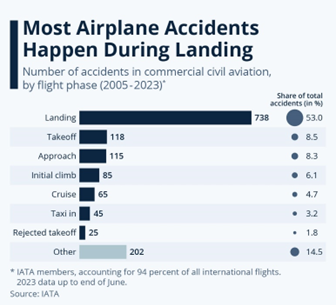TAG: GS-3: ECOLOGY AND ENVIRONMENT & ECONOMIC
CONTEXT: The government has recently accepted the long-standing demand of the industry to remove dual compliance of Environmental Clearance (EC) and Consent to Establish (CTE) for setting up new industries. Non-polluting white category industries will not be required to obtain CTE or Consent to Operate (CTO).
EXPLANATION:
Has there been any change in CTE and CTO permits:
- The ‘consent to establish’ (CTE) and ‘consent to operate’ (CTO) permits, which regulate industries discharging effluents or emitting pollutants, will no longer be required for white-category industries.
- Additionally, the CTE permit requirement for projects already mandating prior environmental clearance (EC) is proposed for removal.
- Instead, the conditions typically associated with the CTE permit could be integrated into the environment clearance issued by the Ministry of Environment.
Self-Declaration Requirement:
- While exempt from CTE and CTO, white category industries will still be required to inform state pollution control boards about their operations through self-declarations.
- This replaces the previous notification system under the Water Act, of 1974, and Air Act, of 1981.
About the White Category Industries:
- The white category of industries pertains to those industrial sectors that are practically non-polluting, such as Wind and solar power projects, air cooler assembly, mini hydel power (less than 25 MW), etc are examples of activities classified under the white category.
- Following the CPCB’s 2016 recategorization, industrial sectors with a Pollution Index (PI) score of up to 20 falls under this category.
- The PI, ranging from 0 to 100, measures the potential pollution impact of an industrial sector.
Examples:
-
- Wind power projects
- Solar power projects
- Assembly of air coolers
- Bicycle assembly
Environmental Impact of White Category Industries:
- Low Pollution Levels: White Category Industries produce minimal emissions, effluents, and hazardous waste.
- Their operations have a smaller effect on air, water, and soil quality compared to industries with higher pollution categories.
- Resource Consumption: These industries are more efficient in using resources.
- This efficiency helps further reduce their overall environmental footprint.
- Sufficiency of Exemptions:Although their pollution levels are low, the justification for their permit exemptions needs regular review.
- Ongoing monitoring is essential to ensure these industries continue to have minimal environmental impact and do not contribute to long-term environmental harm.
Central Pollution Control Board (CPCB):
- It is a statutory organization, established in September 1974 under the Water (Prevention and Control of Pollution) Act, 1974, and later given authority under the Air (Prevention and Control of Pollution) Act, 1981.
- Objectives: Promote cleanliness of streams and wells by preventing, controlling, and abating water pollution.
o Improve air quality and prevent, control, or abate air pollution in the country.
Source:
Spread the Word

